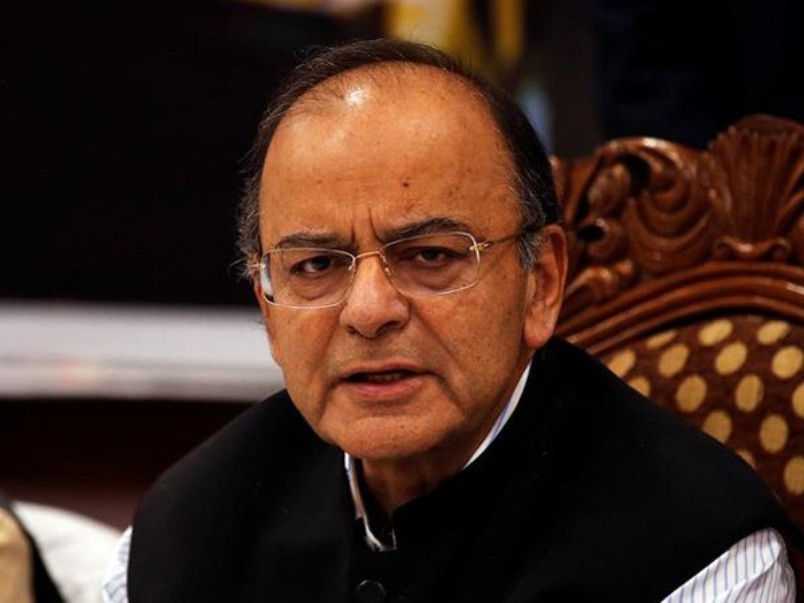New Delhi: Union Finance Minister Arun Jaitley on Saturday said that the challenges thrown up by the increase in international price of crude oil and its seriousness cannot be resolved by either the tweets or television bytes of some of the Opposition leaders.
Describing the problem of rising crude oil prices as a `serious` one, Jaitley said that oil producing nations have capped their production, as a result creating a demand-supply mismatch.
“The challenges thrown up by the increase in the international price of crude oil cannot be resolved by either the tweets or television bytes of some opposition leaders. The problem is serious. The oil producing nations have capped their production, thus creating a demand-supply mismatch,” Jaitley wrote in the blog, published on his verified Facebook account.
Jaitley further said that the high cost of crude oil has also impacted the current situation as well as the Current Account Deficit.
“The high cost of crude oil has also impacted the currency situation. India’s macroeconomic fundamentals with regard to its fiscal deficit, inflation, foreign exchange reserves etc. are fairly stable. Tax collections are encouraging. However, a high cost of crude oil adversely impacts the Current Account Deficit. That, in turn, impacts the currency. Additionally, the hardening of the dollar has further impacted most global currencies. Both the above factors have an impact on the cost of fuel available to a citizen,” he said.
“Government critics rejoiced the political consequences of the increase of the crude prices. This was evident from their comments. When the price was reduced yesterday, the critics did a volte-face and argued that this is bad economics. Let me categorically assure all that there is no going back on deregulation of oil prices.” he added.
The Finance Minister further attacked the non-National Democratic Alliance (NDA) ruled states, saying that they have not provided fuel price relief to consumers. He added that the states benefit more than the Centre from taxes on fuel.
“The Centre’s oil tax revenues remain static. The Centre charges a fixed amount. What the Centre gets as tax revenue, 42% of it is passed on to the States. The States independently charge their VAT. The average VAT rate in the country is about 29%. Thus, the States were getting 29% of the lower cost price a few months ago. They now get 29% on the increased price. The states benefit from higher oil prices. The Centre’s collection remains the same,” Jaitley said.
“Thus, the capacity of the States to give a Rs.2.5 benefit is within their capacity. Their extra tax collection, because of increase in oil prices, is much larger since their taxes are ad valorem. Yet we have a situation where a number of non-BJP non-NDA States have refused to pass on any benefit to the consumer. What are the people supposed to conclude?,” he concluded.
On September 4, Jaitley had announced a cut of Rs 2.50 per litre on both petrol and diesel prices and directed the state governments to implement the same.
[source_without_link]ANI[/source_without_link]

